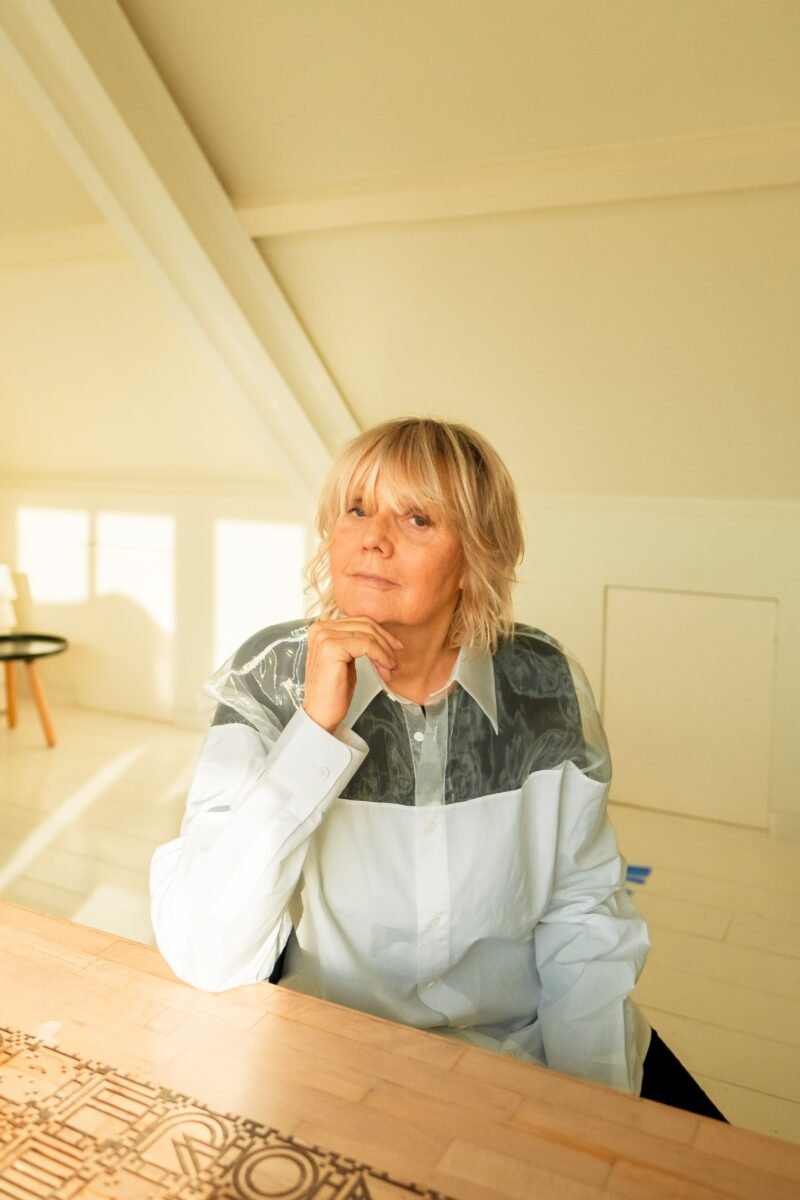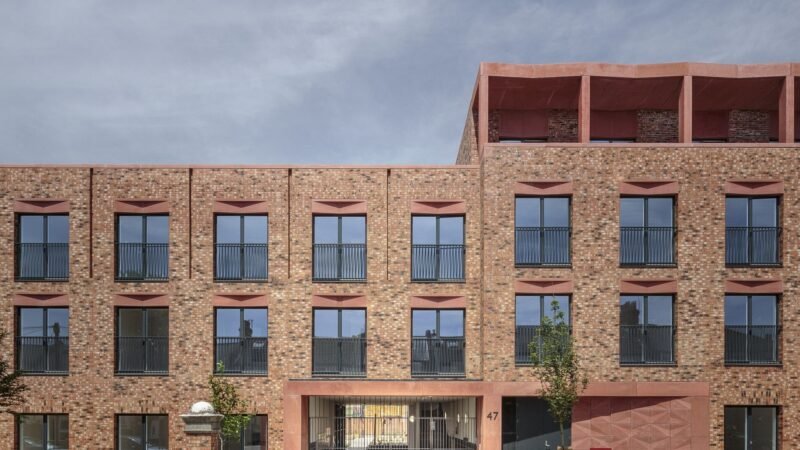Review: Pop-Up City Movie Night
 Last weekend, some fifty people joined our team for a special and intimate Pop Up City Movie Night at Filmhuis Cavia in Amsterdam. The evening started with the screening of Amsterdam Make-Over 2040, a Tegenlicht documentary by William de Bruijn that reminds us of Amsterdam’s pivotal position in a multi-polar world. Featuring economic geographer Richard Florida, sociologist Saskia Sassen, Amsterdam’s city planner Zef Hemel, and landscape architect Adriaan Geuze, the film asks if ‘the Old Lady’ will be able to grow as a global center while maintaining a good quality of life and preserving its soul and history.
Last weekend, some fifty people joined our team for a special and intimate Pop Up City Movie Night at Filmhuis Cavia in Amsterdam. The evening started with the screening of Amsterdam Make-Over 2040, a Tegenlicht documentary by William de Bruijn that reminds us of Amsterdam’s pivotal position in a multi-polar world. Featuring economic geographer Richard Florida, sociologist Saskia Sassen, Amsterdam’s city planner Zef Hemel, and landscape architect Adriaan Geuze, the film asks if ‘the Old Lady’ will be able to grow as a global center while maintaining a good quality of life and preserving its soul and history.
According to Sassen, Amsterdam will take up the challenge if it “enables diversity to stay there and makes spaces available for reasonable rent for artists”, if Amsterdam resists to what Saskia Sassen calls the ‘luxury consumption’. This might sound easy for one of the most liberal cities in the world. As the Polis blog states, “a regime of state and social ownership meshed with one of the most vibrant squatting movements in urban history to create a lived city, where the most inherently monopolistic resource land was largely free from speculation”. But Amsterdam has changed a lot and wants to stay competitive. The city is searching for a new balance that suits social and economic changes and her attachment to liberty.
Creativity and the Capitalist City by Tino Buchholz introduces viewers to “existential struggles for affordable housing and working space in Amsterdam”. From the squatters, to anti-squatting, including the city’s institution ‘breeding places’, the film deciphers the struggle for affordable space in this global economic crisis age, not only for the ‘Creative Class’, but for most urban dwellers in Western capitalist cities.

The screening was followed by a Q&A with Tino and three urban thinkers: Head of Amsterdam’s breeding places Jaap Schoufour, city planner Zef Hemel, and economist of organizations and philosopher Sebastian Olma. Meaning of sustainability in a global competitive world, local communities versus government in the creative city, creativity versus capitalism… Topics that have been tackled and the enthusiasm of the audience for such exchanges make me believe ordinary people still have interest in the future of their cities and want to take an active part in related decisions.



